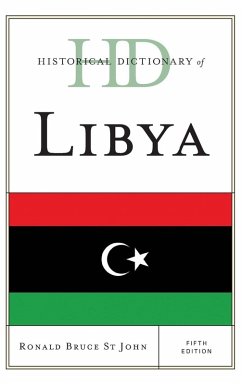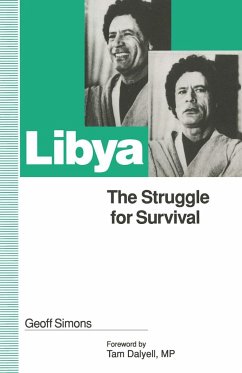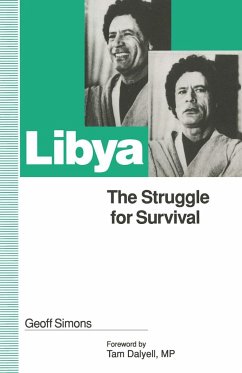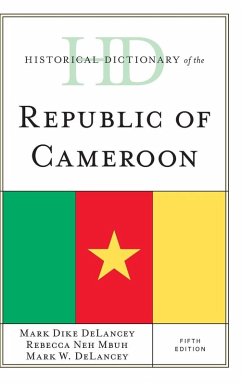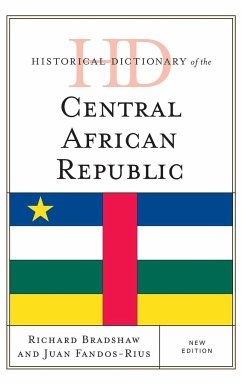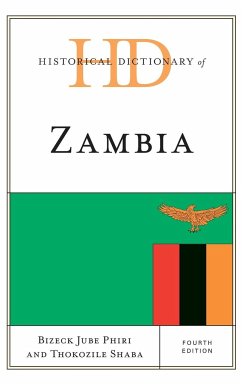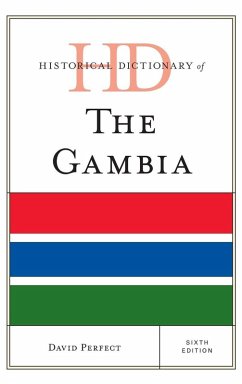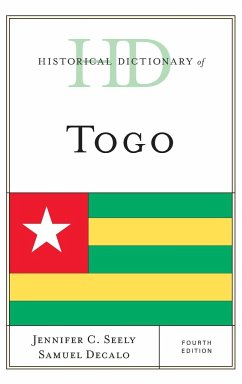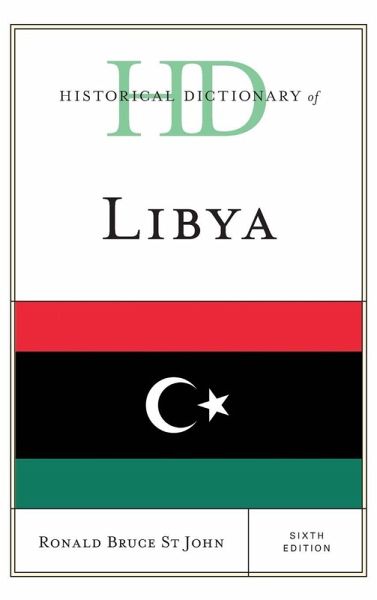
Historical Dictionary of Libya
Versandkostenfrei!
Versandfertig in 1-2 Wochen
227,99 €
inkl. MwSt.

PAYBACK Punkte
114 °P sammeln!
Of all the countries in North Africa and the Middle East, less has been known about Libya for decades. Only recently have we begun to appreciate the complexity of Libya's turbulent past, including the revolution in 2011 in which demands for better living conditions and more job opportunities led to widespread protests. When the Muammar al-Qaddafi regime responded with force to these peaceful protests, killing scores of unarmed civilians, the protesters called for regime change. In what came to be known as the February 17 Revolution, the 42-year-old Qaddafi regime was overthrown, and Qaddafi wa...
Of all the countries in North Africa and the Middle East, less has been known about Libya for decades. Only recently have we begun to appreciate the complexity of Libya's turbulent past, including the revolution in 2011 in which demands for better living conditions and more job opportunities led to widespread protests. When the Muammar al-Qaddafi regime responded with force to these peaceful protests, killing scores of unarmed civilians, the protesters called for regime change. In what came to be known as the February 17 Revolution, the 42-year-old Qaddafi regime was overthrown, and Qaddafi was killed in October 2011. Over the next decade, Libya endured a series of interim, transitional governments in a prolonged struggle to draft a new constitution and to elect a democratic national government. Historical Dictionary of Libya, Sixth Edition contains a chronology, an introduction, and an extensive bibliography. The dictionary section has more than 500 cross-referenced entries on important personalities as well as aspects of the country's politics, economy, foreign relations, religion, and culture. This book is an excellent resource for students, researchers, and anyone wanting to know more about Libya.





